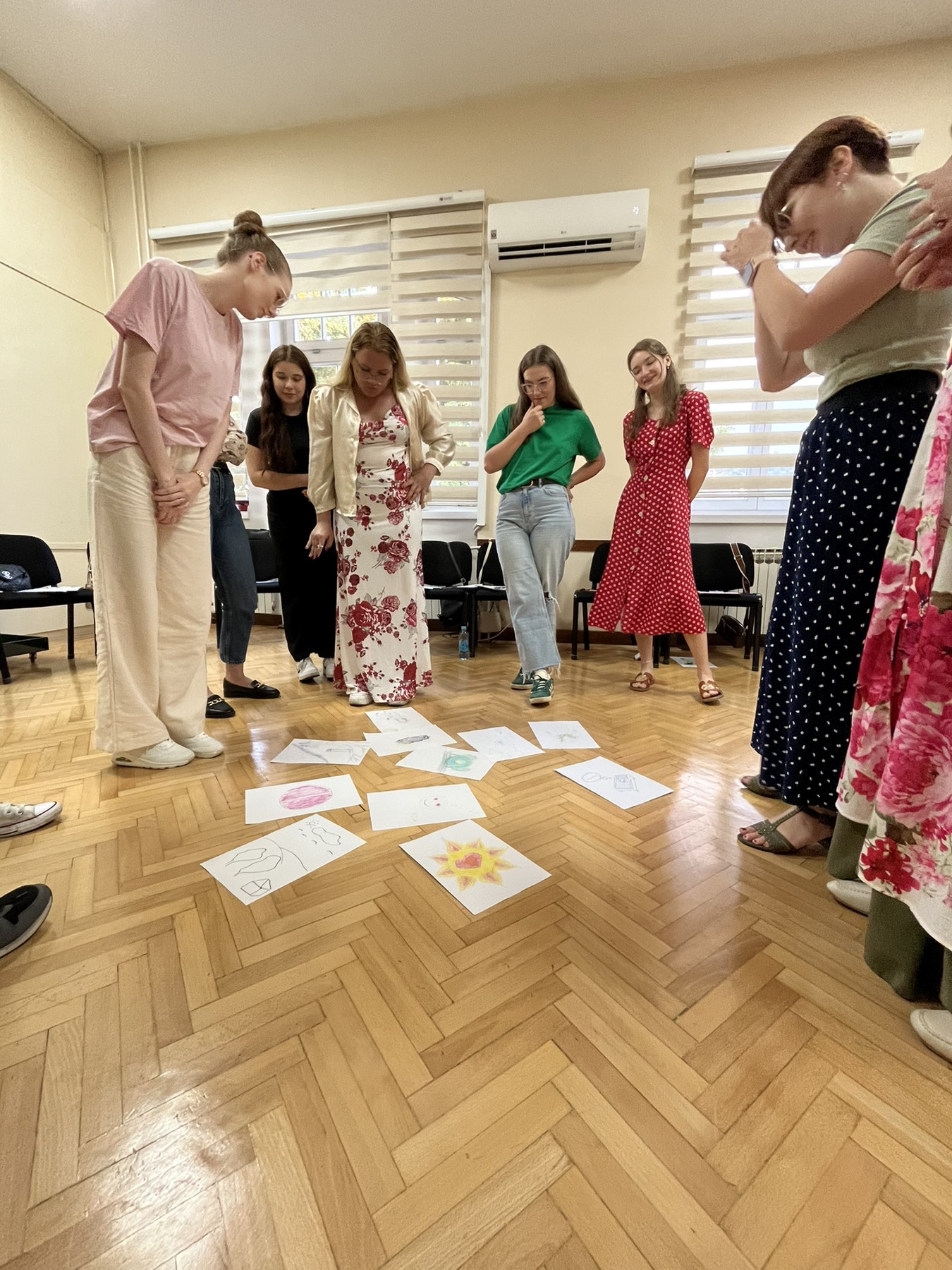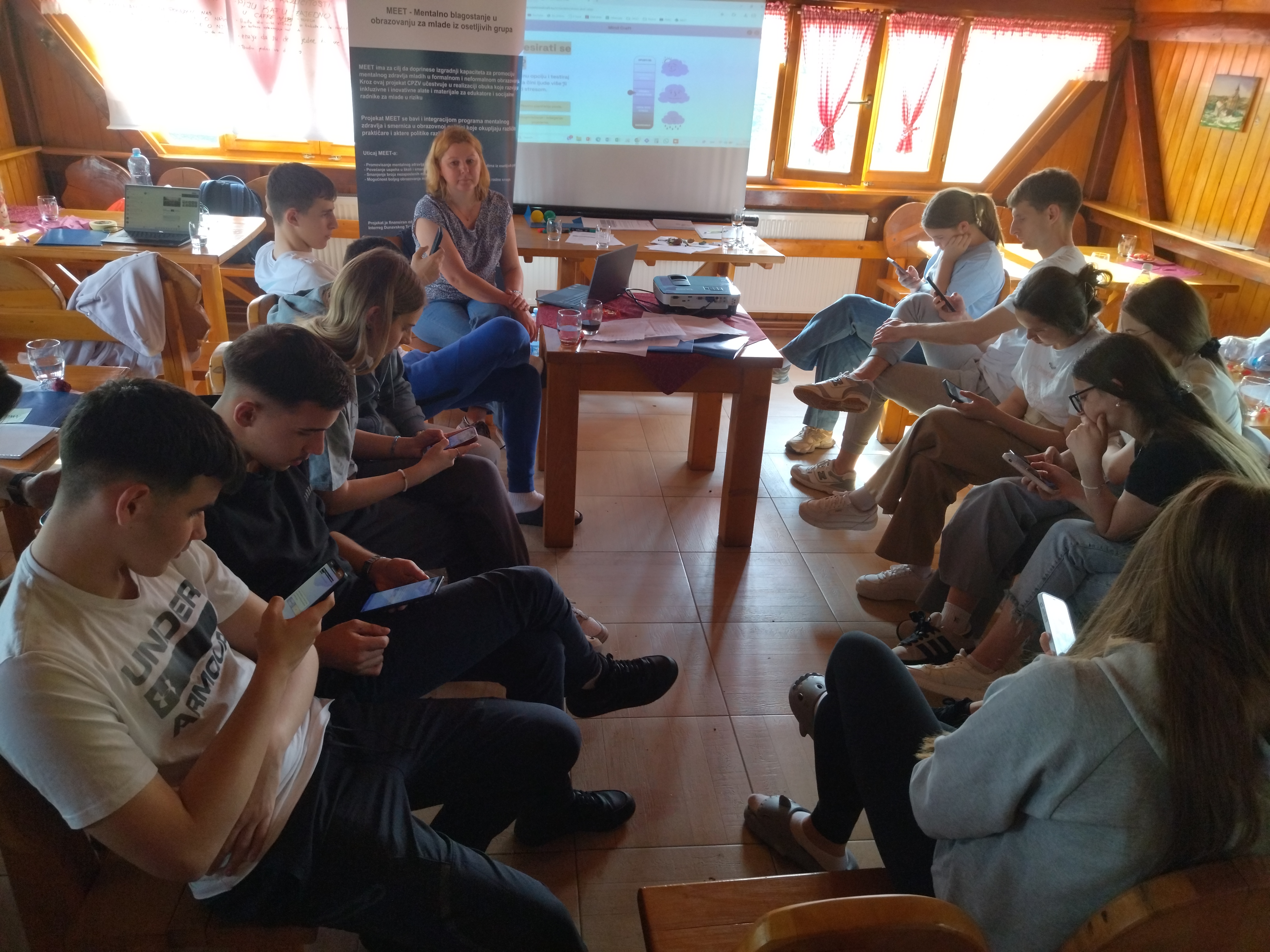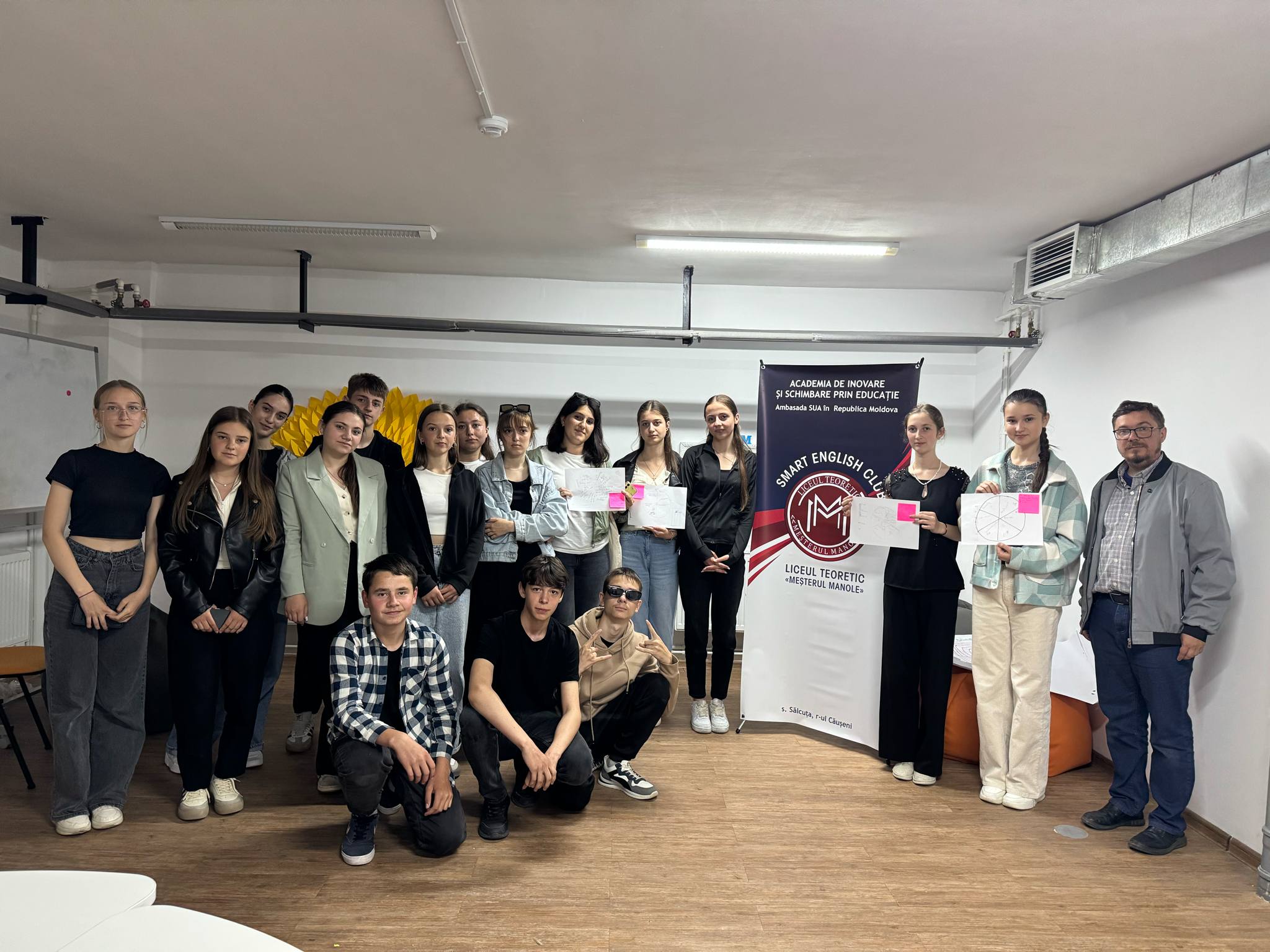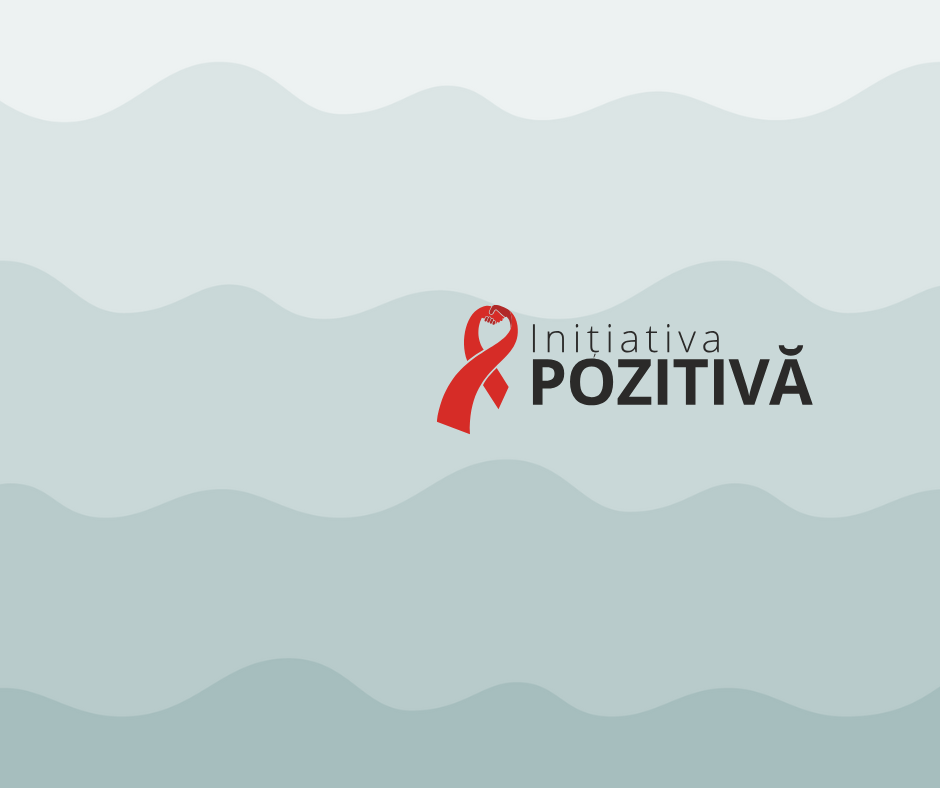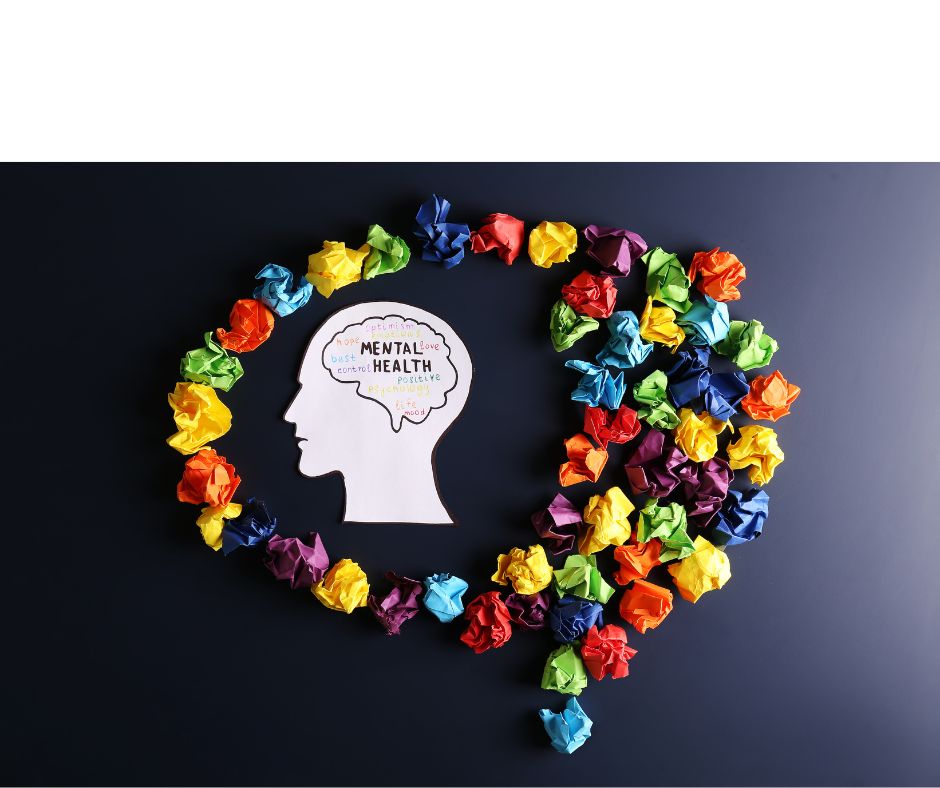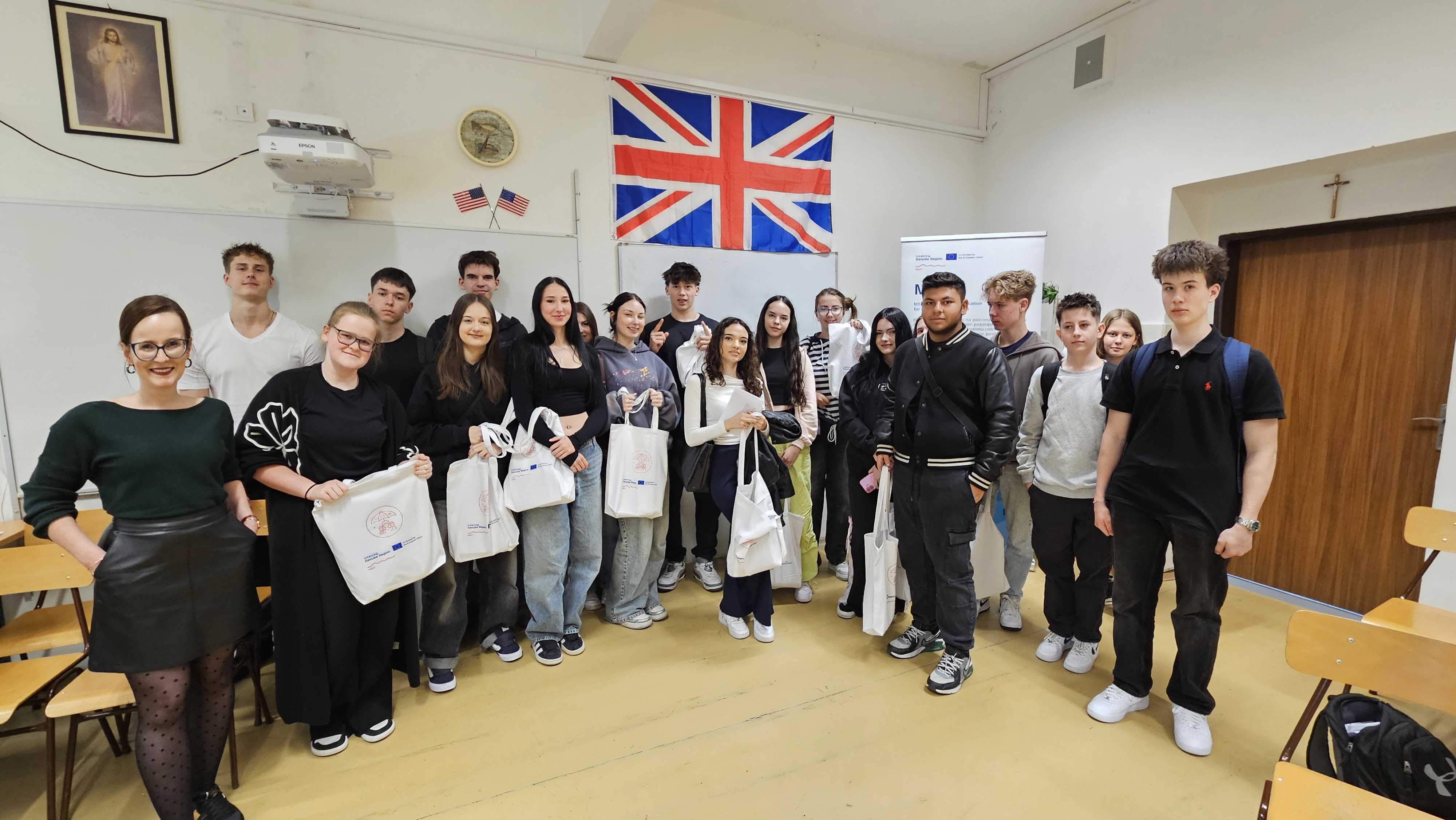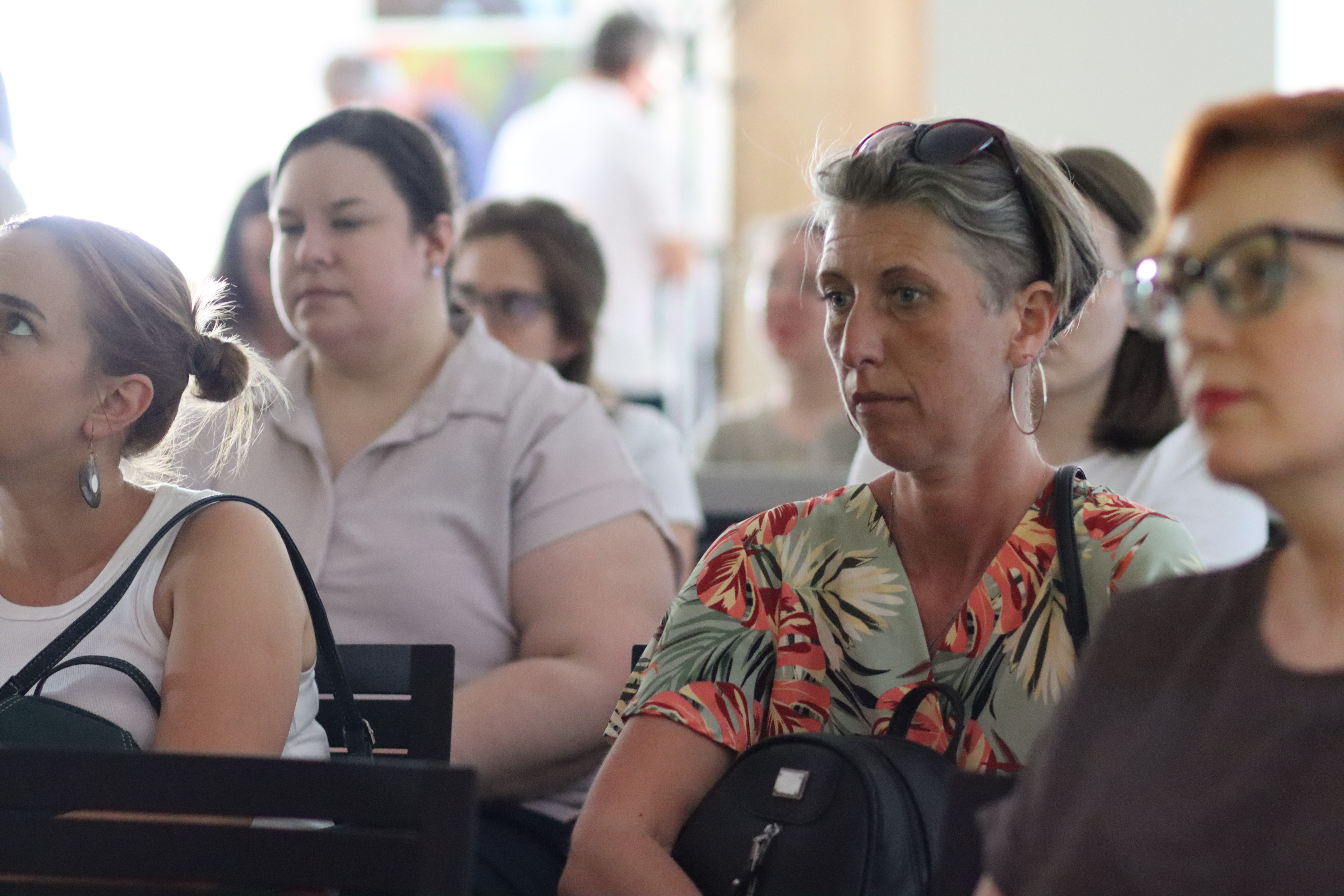MEET
MEntal WEll-being in Education for disadvantaged YOUth
MEET project aims to build capacities for youth mental health promotion in formal and nonformal education and training through the development of inclusive and innovative tools and materials. As a result, the project will help to combat mental health problems among young people and enable a better educated workforce and contribute to reduced labour shortages.

In 2019, 10-12% of young people aged 10-19 years in the Danube Region (DR) were affected by mental disorders. Multiple crises (COVID, Ukraine war, Climate) are an increasing threat to young people's mental health and well-being. The global nature of these crises and the shared challenges in the DR call for a transnational approach.

The MEET project will promote the mental health of (vulnerable) young people in AT, BG, BH, CZ, HU, ME, RO, RS, SI, SK, UA and the DR. MEET aims to building capacities for youth mental health promotion in formal and informal educational settings at three different levels: At the practice level, MEET will collaboratively develop and pilot inclusive, innovative and youth-centred tools and learning materials for educators, social workers, practitioners (O2.2) and young people at risk (NEETs, ESLs) themselves (O2.3). At the level of organisations and intermediaries, MEET will bring together key actors of health and education in Youth Mental Health Labs to form new and cross-sectoral mental health coalitions, boost their knowledge on mental health and equip them with a methodology on how to cooperate in the future (O1.2). At the policy level, MEET will develop a transnational strategy (O3.1) and local action plans (O3.2) to integrate mental health in education giving policymakers of all levels guidelines on how to make education policy more inclusive.

MEET’s innovative approach not only targets formal education like schools, but also non-formal education, like after-work schools, youth NGOs who are key in reaching disadvantaged learners and vulnerable youth. Moreover, it will address different dimensions of social inequalities by reaching out, e.g. to young people in rural areas and to Roma people. As a result, the project will help to combat mental health problems among young people, especially among vulnerable groups of young people. In the long term, the MEET outcomes will lead to a reduction in poor school performance and drop-outs, reduce the number of NEETs, enable a better educated workforce and contribute to reduced labour shortages.
News & Events
Read the most recent updates and explore the upcoming events.
Project overview
Need any help? Contact us!

Michaela Bruckmayer
Project manager

Mateja Karničnik
Communication manager


